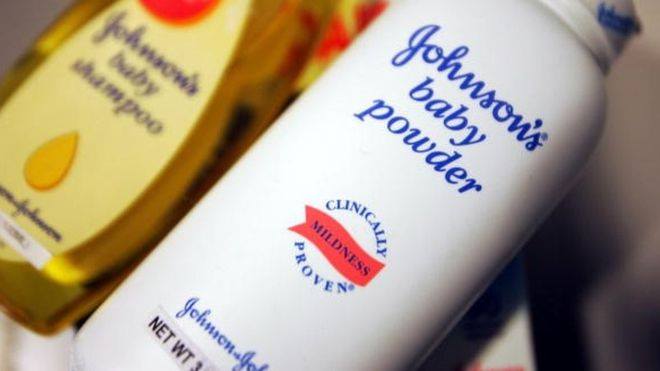- WICKNELL CHIVAYO left school at 15
- DISGRUNTLED Zimbabwe police stage uniform protest.
- MNANGAGWA wife Auxillia drops charges against nine women who boed her in Manicaland
- O.J. Simpson dies of cancer , aged 76.
- South Africa ANC is the cause of ZIMBABWE troubles claims Zimbabwe opposition politician Job Sikhala
JOHNSON AND JOHNSON baby talc allegedly causes cancer including ovarian cancer

Two days ago a California jury dealt drug and consumer health giant Johnson & Johnson its biggest blow yet Monday in an ongoing legal saga over its talc products, which plaintiffs allege can cause ovarian cancer when used for feminine hygiene. J&J has consistently disputed those allegations and says the science “supports the safety” of the product. But who’s right?
The Los Angeles Superior Court’s decision to award California resident Eva Echeverria $417 million is the latest (and by far the largest) rebuke to Johnson & Johnson, which is facing some 4,800 related cases over talc products like J&J baby powder and has already been ordered to pay more than $300 million by various juries in Missouri. J&J finally won one of the cases in March and plans to appeal all of the other verdicts.
Click here to subscribe to Brainstorm Health Daily, our brand new newsletter about health innovations.
Plaintiffs like Echeverria, a medical receptionist who developed ovarian cancer after decades of using Johnson’s Baby Powder for hygienic purposes, point to some studies that suggest a link between using talc in the genital region (as Echeverria had) and an increased risk for ovarian cancer. Johnson & Johnson vigorously refutes those studies.
And, in fairness to both parties, the existing evidence is decidedly mixed. First off, there is a form of talc, which is a mineral primarily made up of magnesium, silicon, and oxygen, that’s clearly carcinogenic due to asbestos, according to the American Cancer Society (ACS). That can potentially be a problem for talc miners who inhale the substance in its natural form (which may contain asbestos) and therefore potentially increase their risk for lung cancer. However, this “type of talc is not used in modern consumer products,” writes ACS, like talcum and baby powder. The “evidence about asbestos-free talc, which is still widely used, is less clear.”
When it comes to purified talc, findings “have been mixed, with some studies reporting a slightly increased risk and some reporting no increase.” And as the ACS notes, existing research is unclear enough that World Health Organization’s (WHO) International Agency for Research on Cancer classifies genital use of consumer talc-based products “possibly carcinogenic to humans.” All told, public health experts seem to agree that there needs to be more definitive research on the matter before coming to a conclusion one way or another. Sy Murkhajee.